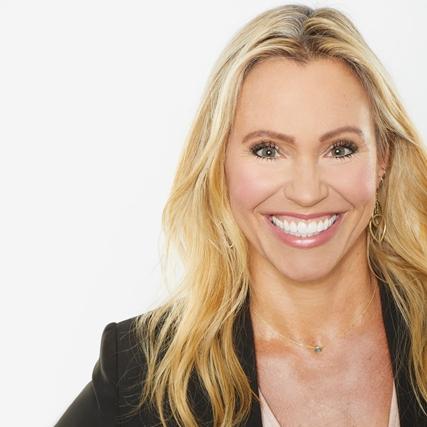Michelle Ricker, RDN | Source | RDN – Director, Worldwide Health Education and Training at Herbalife

Michelle Ricker, RDN
Michelle Ricker is the director of Worldwide Health Education and Training. She is also a member of the Dietetic Advisory Board. In her role, Ricker is largely responsible for global corporate education and the further development and enhancement of the Coaching Program as well as the CDC certified Lifestyle Transformation Program.
-

National Academy of Sports Medicine (NASM) (https://www.nasm.org)
Nutrition Master Instructor -

Herbalife
RDN – Director, Worldwide Health Education and Training
started Jan 2018
-
How to Revive Your Wellness Routine This Spring - Lake Oconee Health
With brighter and warmer days ahead, it may seem like the grey and frigid days of winter are completely behind us. But while many of us have bid farewell to winter, others continue struggling with its aftereffects, including weight gain, which can be caused by a number of culprits– some of which are better known ... Read more
Article -
Skinny Fat: What It Means and Why You Should Stop Staying It
The phrase skinny fat is circulating the media, but that doesn't mean it deserves a place in your vocabulary. Read on for why "skinny fat" perpetuates diet culture, causing inevitable harm.
Article -
How to Rev Up Your Metabolism and Increase Your Energy with Proper Nutrition
Eatinga high-proteindietinstead of a carb-heavy diet may enable your body to burn more calories per day. For years, boosting one’s metabolism has been a goal of consumers becauseit impacts our…
Article
-
For years, boosting one’s metabolism has been a goal of consumers because it impacts our weight, appetites, and body fat levels. The faster your metabolism, the more calories you’ll burn, even when you’re resting. What many people don’t realize, however, is that having a high metabolism means you may need to eat more, and/or adjust your meal timing, to maintain your weight.
-
A strenuous workout, particularly one done in the evening, can significantly tap into fuel reserves. If you don’t adequately refuel after a workout—at any time, but especially those that exercise at night—you could find that hunger wakes you up later while you're sleeping.
-
Eating oatmeal gives your body the fiber it needs not only for heart health, but [also] for proper digestion,. When your digestion is working properly, your stomach will thank you and start getting flatter.

:max_bytes(150000):strip_icc()/GettyImages-1400836867-6e1537c3dc064f6caaf29d1477cb9096.jpg)

